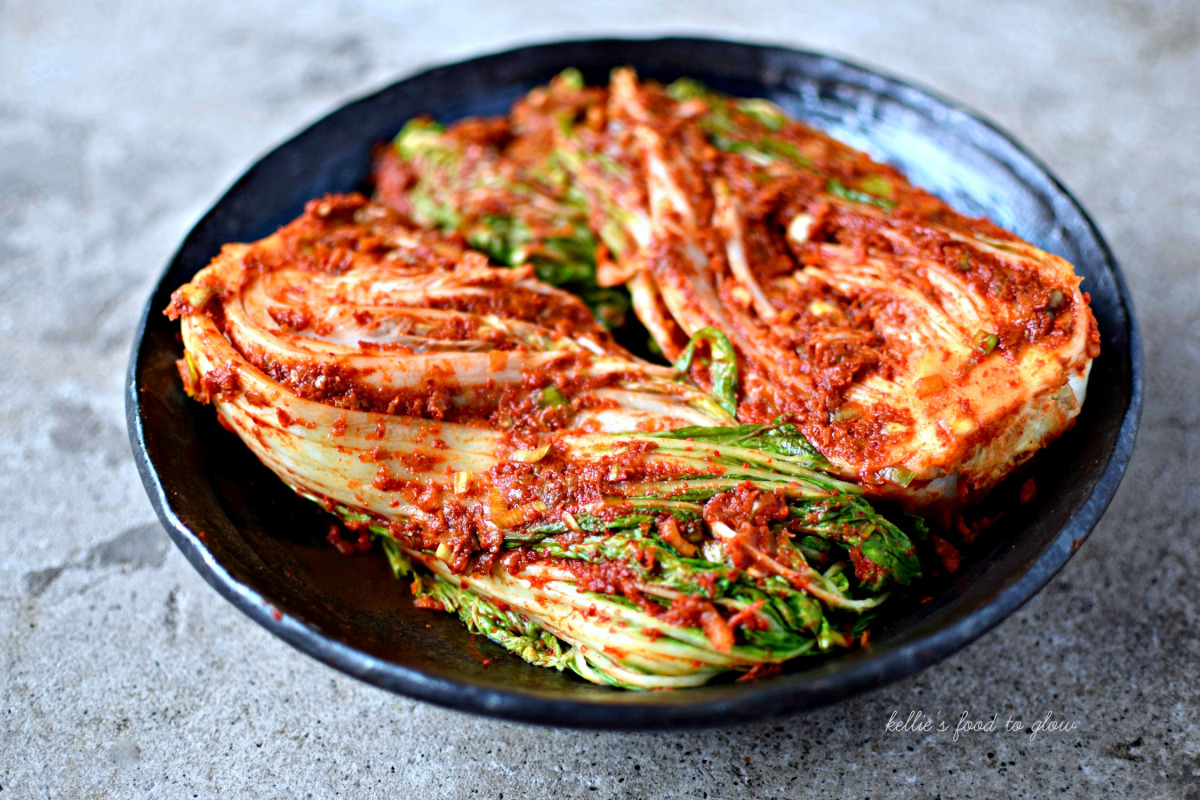Imagine if white people were allowed to accuse others of stealing our culture.
Social media users in China and South Korea are embroiled in another row, this time over the provenance of kimchi, the fermented cabbage dish that most people recognise as an essential part of the Korean diet.
Not, though, in China, where state media have sparked an online backlash after one of the country’s fermented dishes received certification from the International Organisation for Standardisation [ISO].
ISO status, the Global Times newspaper reported, was an “international standard for the kimchi industry led by China”.
The very mention of the word kimchi triggered angry accusations among South Koreans that China was attempting to claim kimchi as its own, when in fact the award covered only pao cai – a type of pickled vegetable often found in Sichuan cuisine.
“Its total nonsense, what a thief stealing our culture!” a South Korean netizen wrote on Naver, a widely popular web portal.
Seoul resident Kim Seol-ha said: “I read a media story that China now says kimchi is theirs, and that they are making international standard for it. It’s absurd.”
Some South Korean media said China’s brazen coveting of kimchi was akin to a “bid for world domination”.
China claiming to have invented kimchi is a cute problem to have.
Frankly, however, Chinese and Korea culture overlap quite a bit, and this isn’t really a reasonable debate, given that kimchi is thousands of years old and its origins would be impossible to determine.
Remember everyone: you must include something fermented in your regular diet, or you will have health problems. Kimchi is one option, as is fermented milk. Just so, anything pickled. However, if it is literal pickles, then you need more than what comes on a burger.

